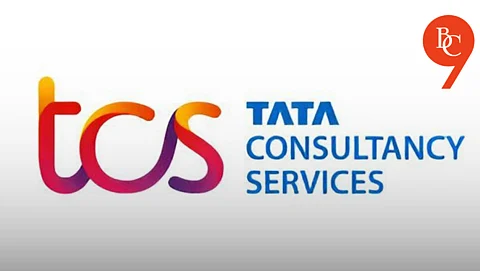

Tata Consultancy Services (TCS) has enforced a new policy limiting the maximum period employees can stay without project work colloquially known as being “on the bench” to just 35 business days per year. Effective from June 12, 2025, the updated policy is a marked departure from previous norms, ushering in heightened anxiety and uncertainty among India’s largest IT employer’s vast workforce.
The TCS policy mandates that all employees must be staffed on billable client projects for at least 225 business days each year. If an employee exceeds 35 unallocated days in a rolling 12-month period, they face possible consequences including demotion, pay cuts, or even termination. The Resource Management Group (RMG) has communicated strict expectations, placing the onus on employees themselves to proactively seek suitable project placements, frequently requiring engagement with internal resourcing teams.
A notable aspect of the new policy is the requirement that employees without active projects must spend 4–6 hours per day on upskilling activities using platforms such as iEvolve, Fresco Play, and LinkedIn Learning. Work-from-home privileges are largely suspended for benched staff, who are now required to be present in the office except under exceptional circumstances with prior approval.
Many report being pressured to accept roles that don’t align with their skills or professional aspirations. For instance, freshers trained in programming recount being pushed into unrelated support functions. Others express concern about inability to secure client interviews for suitable projects or about mandatory relocations far from home.
Employee concerns have reached the attention of labor groups like the Nascent Information Technology Employees Senate (NITES), which has approached India’s Labour Ministry regarding possible “inhumane” management tactics.
TCS management positions the policy as part of a broader strategy to enhance productivity and better align talent deployment with business priorities. The move follows declining margins and a slowdown in global IT demand, where automation and AI are reducing the need for bench strength across the sector. Industry experts estimate that around 15–18% of employees in large Indian IT companies are benched at any given time; meaning tens of thousands at TCS could be affected.
The All India IT & ITeS Employees’ Union (AIITEU) and NITES have strongly criticised the policy as anti-worker and a deliberate attempt to downsize under the pretext of efficiency. HR consultants recommend that such stringent measures be tempered with support, upskilling, and clear communication to avoid damaging morale and increasing burnout risk.
